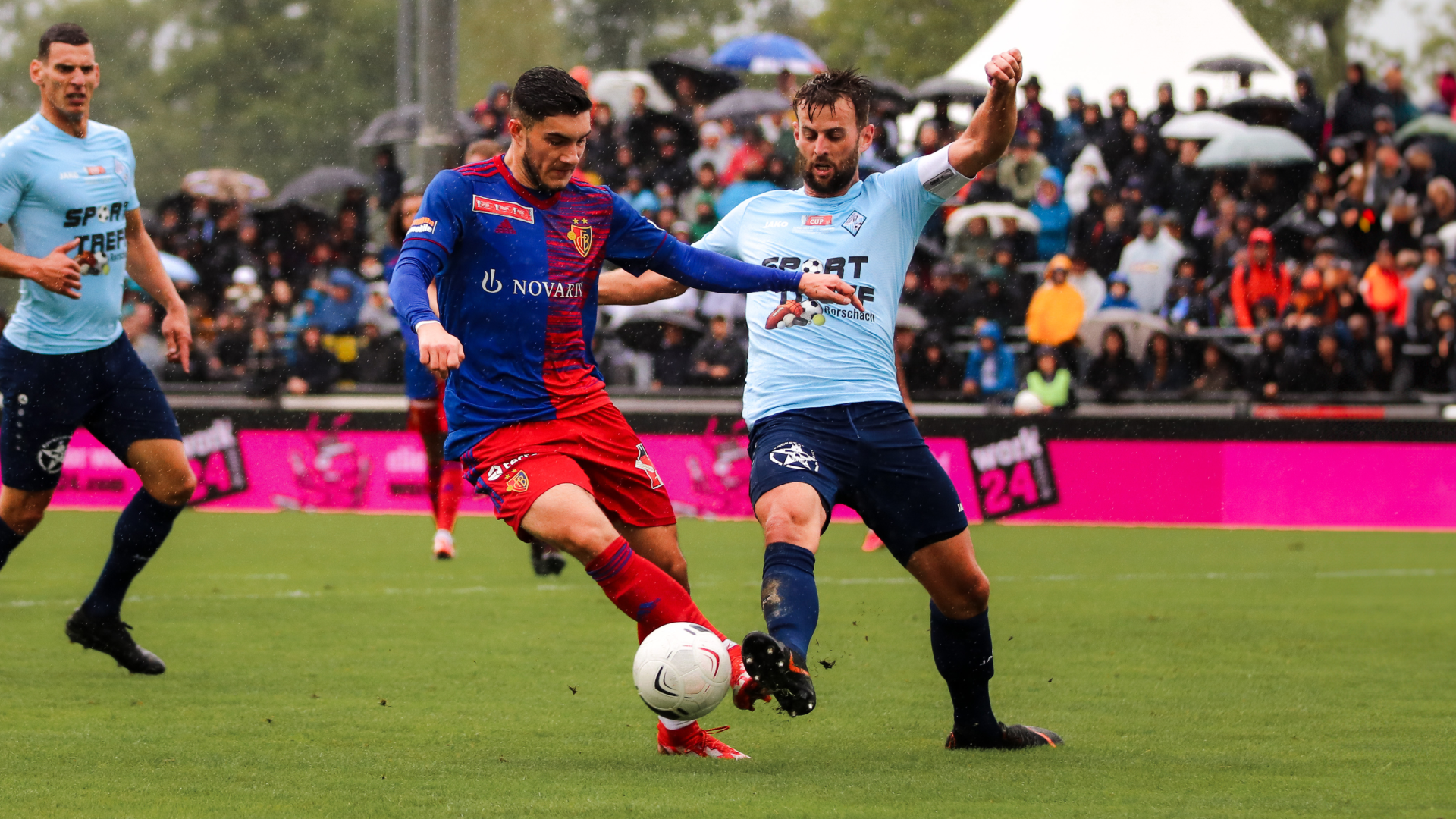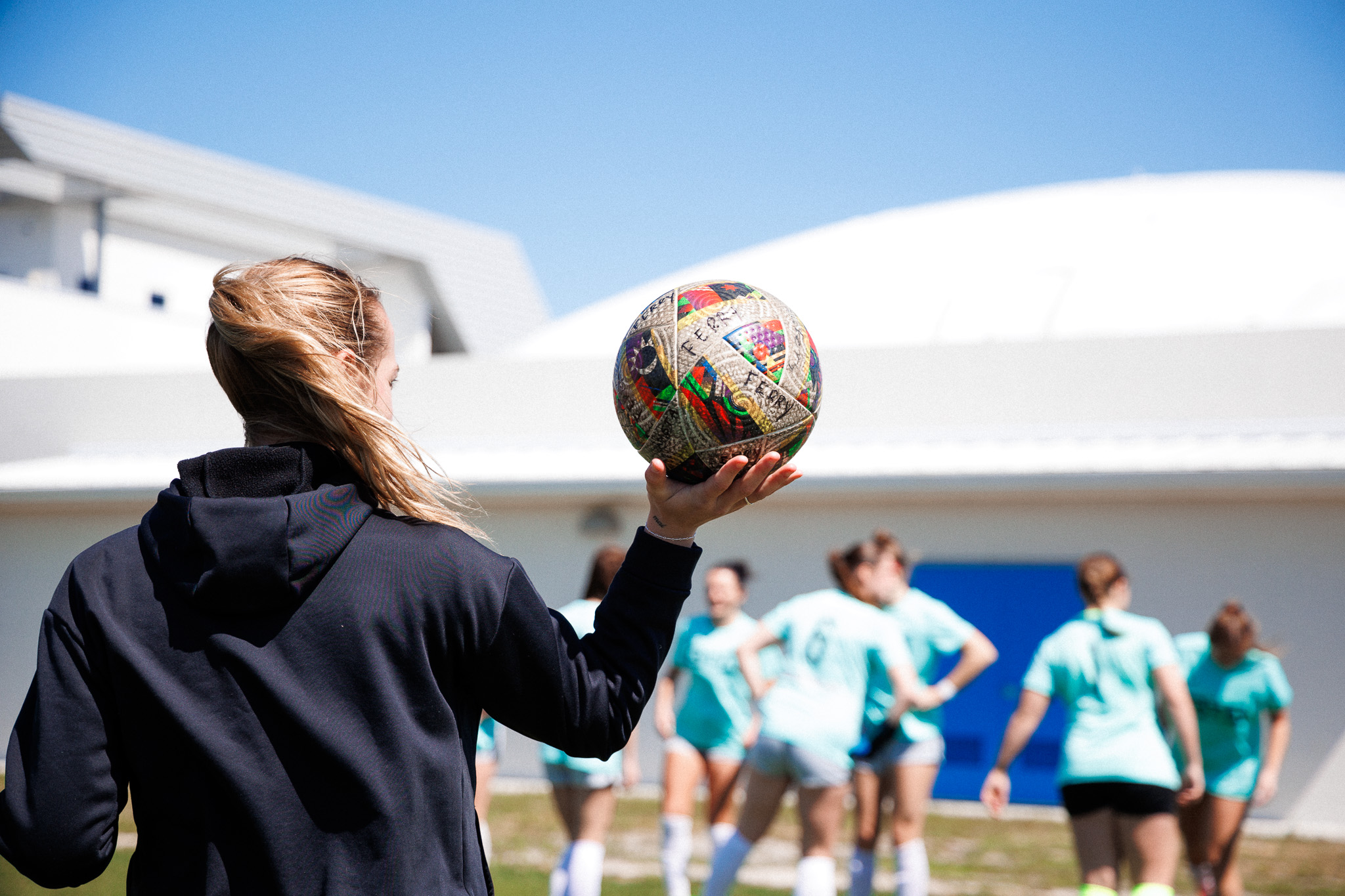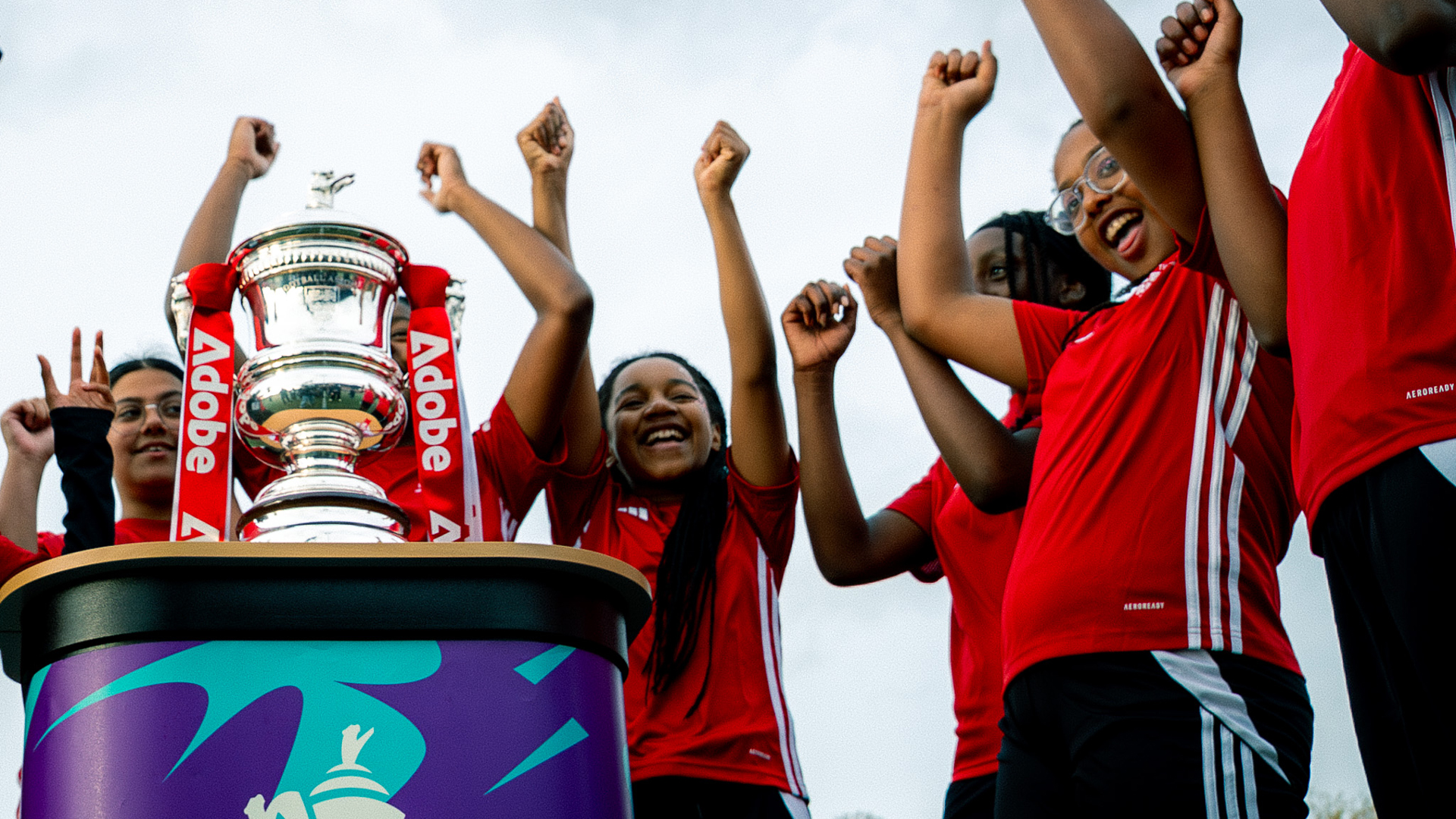Championing Gender Equality and Community Values: The Transformation of Lewes FC
Frederik Hvillum
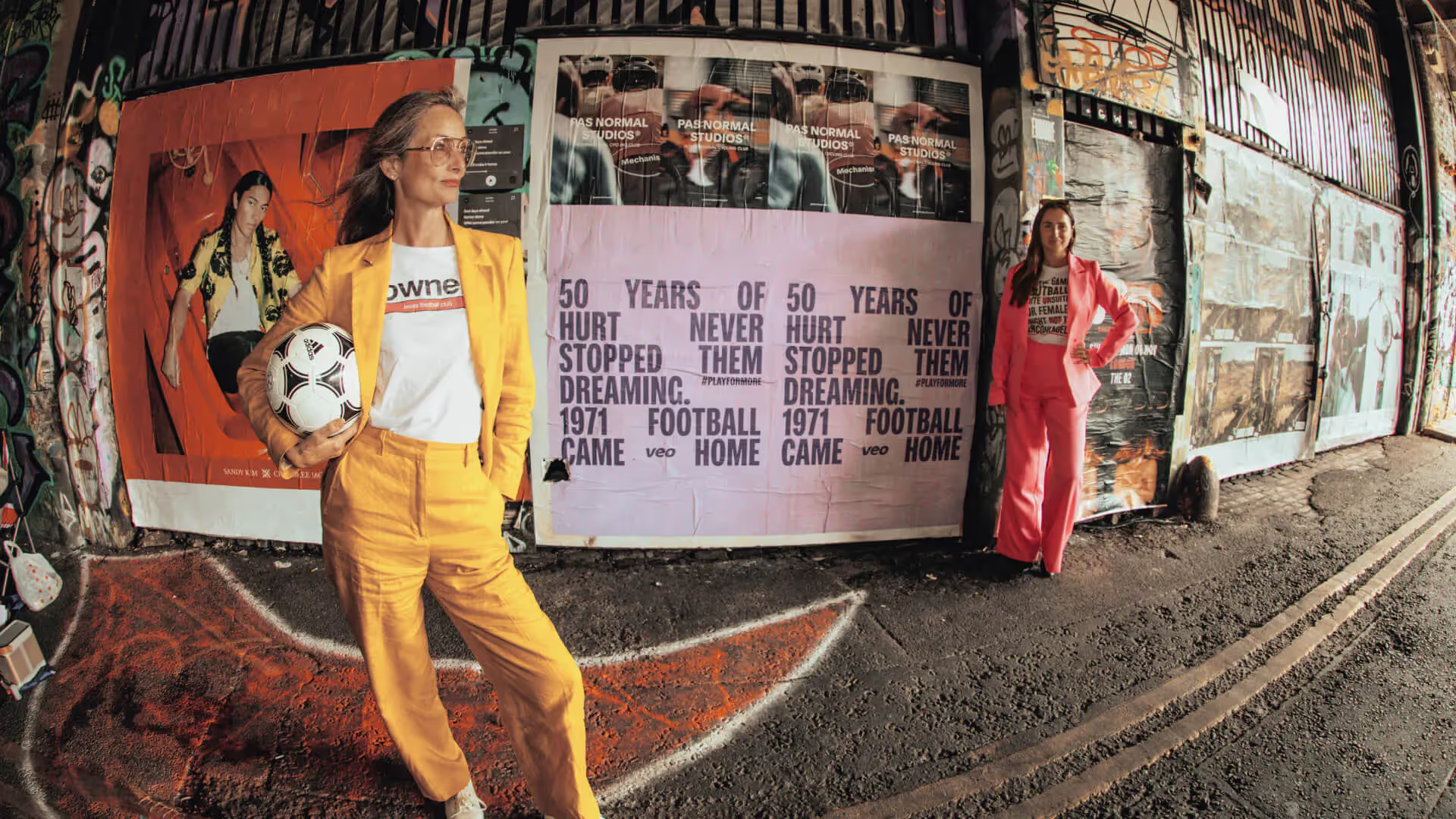
In 2017, Lewes FC became the first club in the world to start treating its women footballers the same as its men. Karen Dobres, ambassador of Lewes FC, discusses the club's transformation as well as the future of women's football.
Lewes FC, once a men's club under private ownership, thrived and entertained its audience. In 2009, a women's team joined amid the global financial crisis, risking bankruptcy.
In a pivotal move, six dedicated fans acquired the club for a symbolic one-pound fee, shifting to a community-based ownership model. The focus shifted from private profits to community value. This new agenda prioritized community and local football benefits, resonating globally with owners worldwide. This shift reshaped Lewes FC's purpose, fostering connections across local and global domains.
In 2017, the directors of the club raised an important question: Why should the men's team receive a larger budget than the women's team? Observing the commendable performance of the women's team and recognizing their need for adequate resources, a significant decision was made.
The directors took a calculated business approach by choosing to allocate funds equally between both the men's and women's sides.
“We are kind of accidentally radical and disruptors in this field, and it’s been challenging. There's no doubt. There are definitely people out there saying that women shouldn't be paid the same as men,” Karen Dobres, ambassador of Lewes FC, expresses.

This strategic move was groundbreaking, positioning Lewes FC as the pioneer in this regard on a global scale. The club's decision to achieve budget parity marked a turning point, leading to international media attention. The headlines generated caught the attention of more potential owners and sponsors.
Karen Dobres reflects on the club's pioneering campaign, Equality FC, which defied critics asserting that women’s football lacked the intrigue of its male counterpart.
"What we found is that after two seasons of Equality FC, we were disproving critics who said that women’s football is not as interesting as men's," she emphasizes.
The campaign not only challenged stereotypes but also positioned Lewes FC as a trailblazer in investing in women’s football.
Another pivotal topic Dobres raises is the dearth of broadcasting rights for women's football. She points out a concerning reality: "It’s a fact that in 50 years, while women's football was banned in this country, broadcasting rights predominantly favored men's games, perpetuating a monopolistic hold. And that hasn’t really changed." This highlights the pressing need for equitable media coverage to propel women's football onto a larger stage.
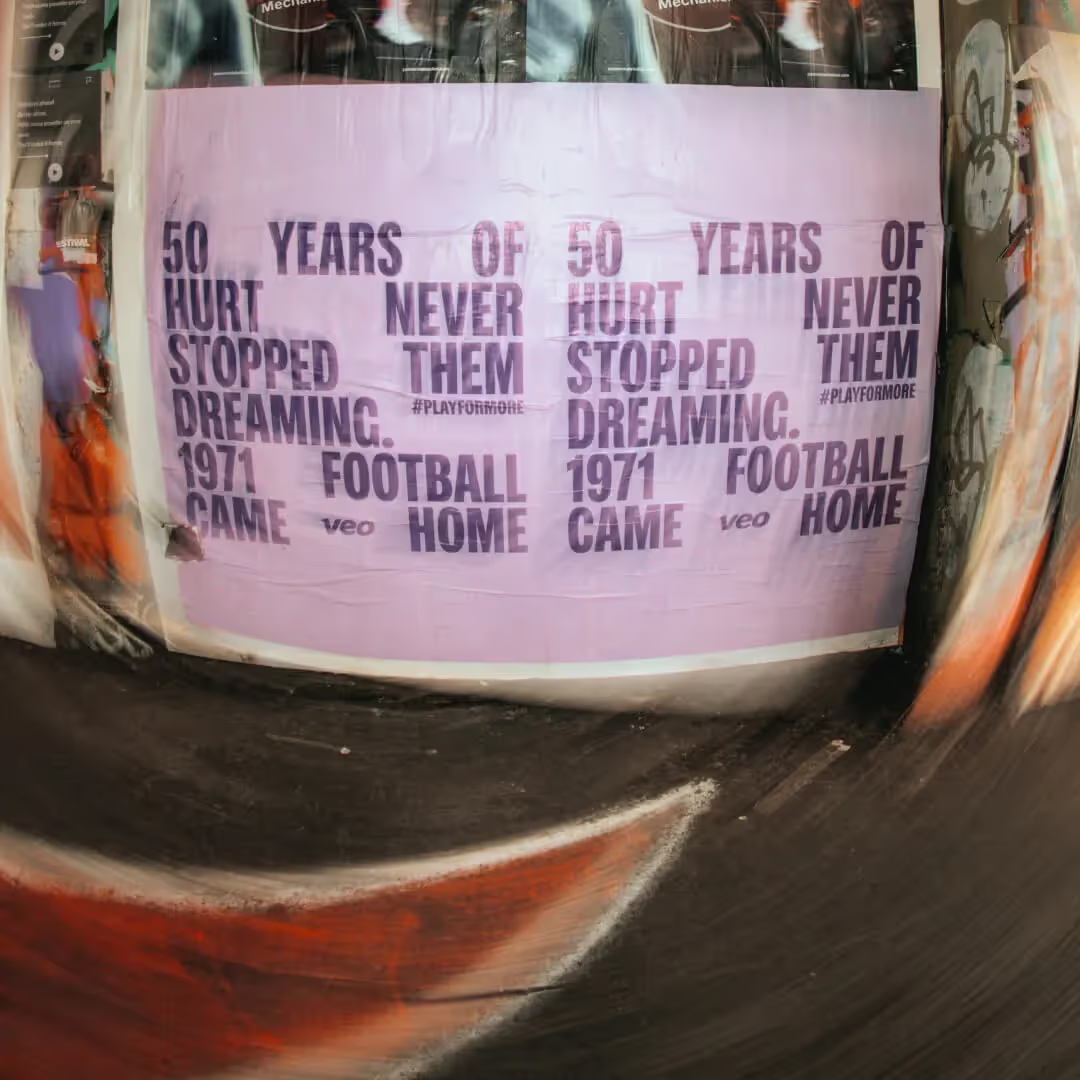
Dobres concludes with an impassioned call to action. "My life has changed, and I'm striving for gender equality in football," she declares.
Her rallying cry is clear: become an owner, a stakeholder in the movement towards equal treatment and opportunities in football. It's a clarion call for collective ownership and an unwavering campaign for a future where gender equality is a fundamental aspect of the game we all cherish.


